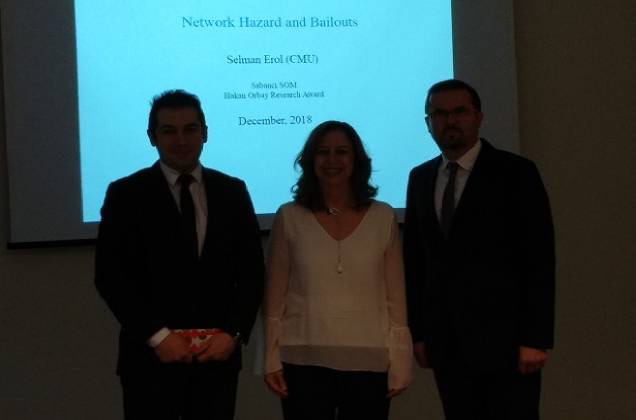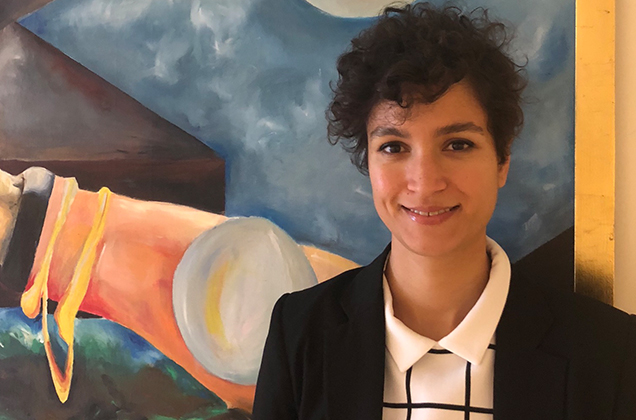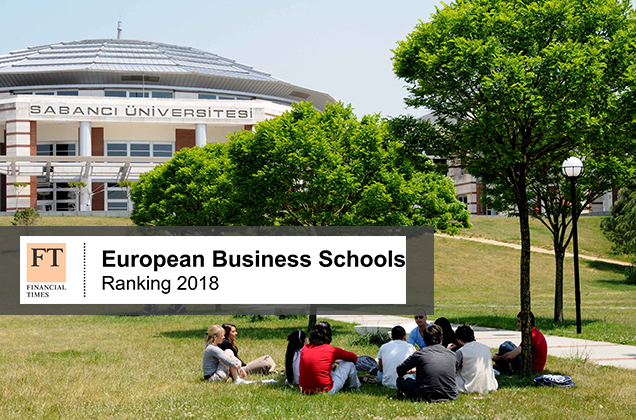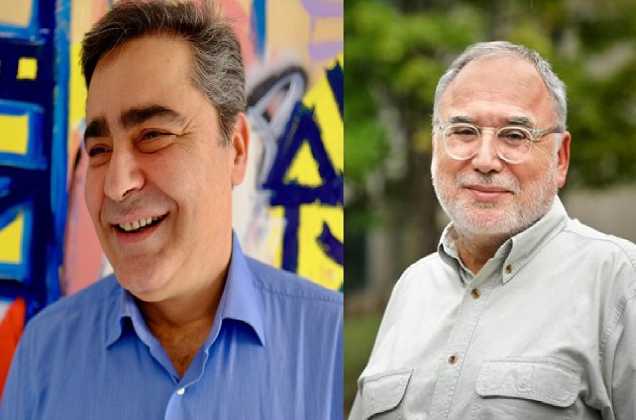26/12/2018
The ceremony for the fifth Hakan Orbay Research Awards given by the Sabancı University School of Management in honor of faculty member Hakan Orbay was held at Sabancı University on December 19, 2018.

25/12/2018
The results of the thermoplastic composites project conducted by Sabancı University Integrated Manufacturing Technologies Research and Application Center (SU-IMC) researcher Burcu Saner Okan and Kordsa Composite Technologies Business Unit Project Leader Elçin Çakal Saraç were shared in a presentation and poster at the Smart Nanomaterials 2018 Conference held in Paris between December 10 and 13, 2018.
19/12/2018
The Business Against Domestic Violence Project implemented by the Sabancı University Corporate Governance Forum became the only Turkish entrant among the UN Population Fund's Champions for Activism against Gender-Based Violence.

18/12/2018
NANOMATTR, an Inovent seed capital company established by Sabancı University Faculty of Engineering and Natural Sciences member Yusuf Menceloğlu, won both the Hello Tomorrow Turkey Finals and the "Energy and Environment" category of the competition for startup companies that produce both science and technology. NANOMATTR team member Senem Avaz made a presentation in the finals.
18/12/2018
The Sabancı University School of Management rose 4 places to 67th in the Financial Times (FT) European Business School Rankings compared to the previous year, while the Sabancı Executive MBA program was ranked 51st.

18/12/2018
The Şirin Tekeli Research Awards, endowed by the Sabancı University Gender and Women's Studies Center of Excellence (SU Gender) in association with the Swedish Consulate-General of Istanbul to honor Şirin Tekeli and her groundbreaking work on democracy, academic freedom, gender equality and feminism, were presented. The award ceremony was held as part of a conference to uphold, disseminate and enrich Şirin Tekeli's heritage.
18/12/2018
An article titled "Convergence and Competition among the New Middle Classes of Turkey" coauthored by Sabancı University School of Management Faculty Member Ahmet Öncü and Sabancı University School of Management Network Faculty Member and Hamilton College Faculty Member Erol Balkan was published in Current History, a journal highly regarded in the academic, political and cultural spheres of the US.
